PM Modi to visit Canada for G7 summit
Indian PM Modi to attend G7 Summit in Canada, signaling possible thaw in strained India-Canada ties after past tensions.
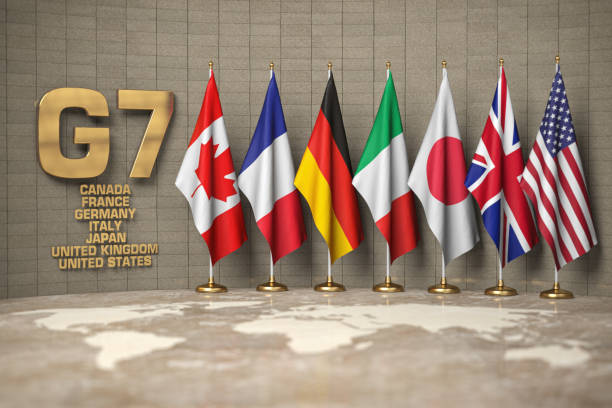 Flags of the G7 nations. / iStock photo
Flags of the G7 nations. / iStock photo
India's Prime Minister Narendra Modi said on June 6 he will attend the Group of Seven leaders summit in Canada this month after receiving an invitation from the new Canadian premier.
"Glad to receive a call from Prime Minister Mark Carney of Canada," Modi said in a statement posted on social media platform X.
"Congratulated him on his recent election victory and thanked him for the invitation to the G7 Summit in Kananaskis later this month... look forward to our meeting at the summit."
India is not a member of the G7 but Modi has been invited to attend previous summits since 2019, when France invited him to Biarritz.
Modi also congratulated Carney in April on his election win, suggesting hopes of a possible reset of fraught relations between New Delhi and Ottawa.
"As vibrant democracies bound by deep people-to-people ties, India and Canada will work together with renewed vigour, guided by mutual respect and shared interests," Modi said on June 6.
Glad to receive a call from Prime Minister @MarkJCarney of Canada. Congratulated him on his recent election victory and thanked him for the invitation to the G7 Summit in Kananaskis later this month. As vibrant democracies bound by deep people-to-people ties, India and Canada…
— Narendra Modi (@narendramodi) June 6, 2025
Ties between Canada and India were strained following accusations of New Delhi's involvement in the assassination of a Canadian Sikh, claims India denied.
Canada is home to the largest Sikh community outside India. That community includes activists for "Khalistan", a fringe separatist movement seeking an independent state for the religious minority carved out of Indian territory.
Ottawa previously accused India of orchestrating the 2023 killing in Vancouver of 45-year-old naturalised Canadian citizen Hardeep Singh Nijjar, a prominent Khalistan campaigner, and targeting other Sikh activists connected to the movement.
India has repeatedly dismissed the allegations, which sent diplomatic relations into freefall with both nations last year expelling a string of top diplomats.
The Khalistan campaign dates back to India's 1947 independence and has been blamed for the assassination of a prime minister and the bombing of a passenger jet.
It has been a bitter issue between India and several Western nations with large Sikh populations.
New Delhi demands stricter action against the Khalistan movement, which is banned in India, with key leaders accused of "terrorism".
ADVERTISEMENT
ADVERTISEMENT
E Paper
Video




 AFP
AFP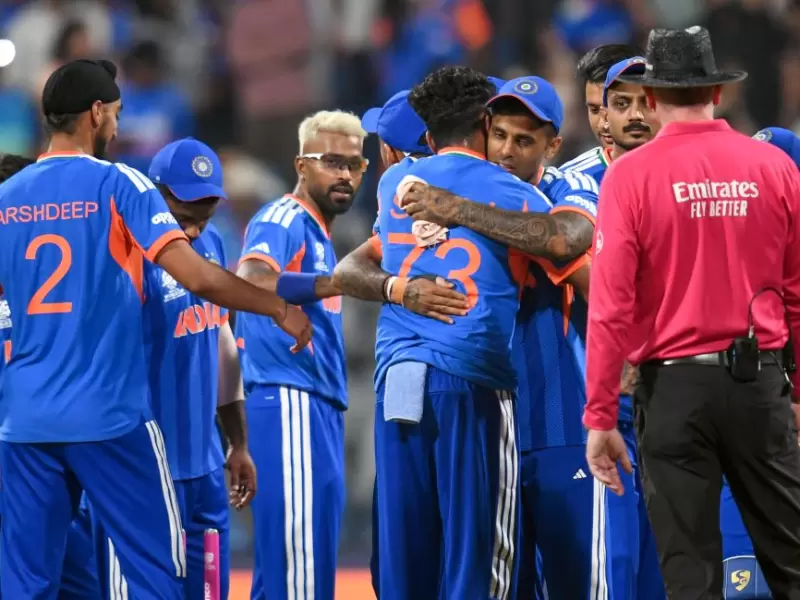
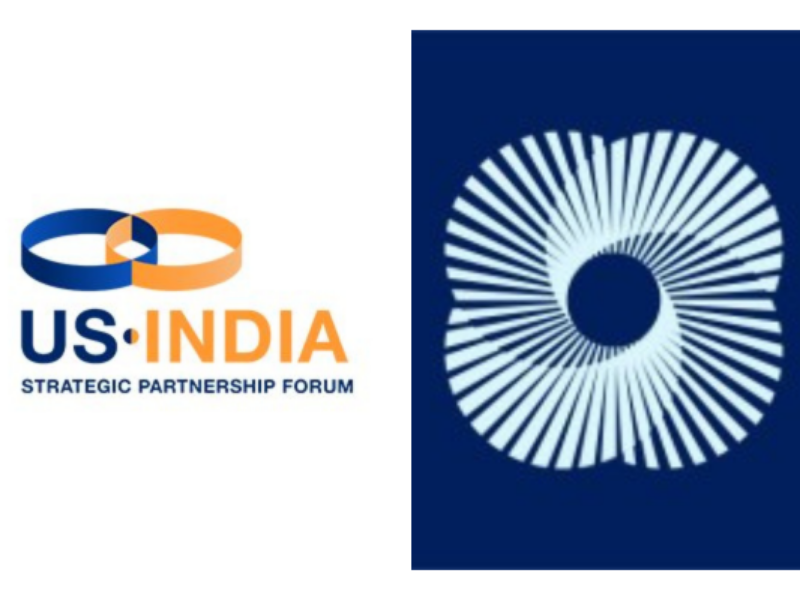


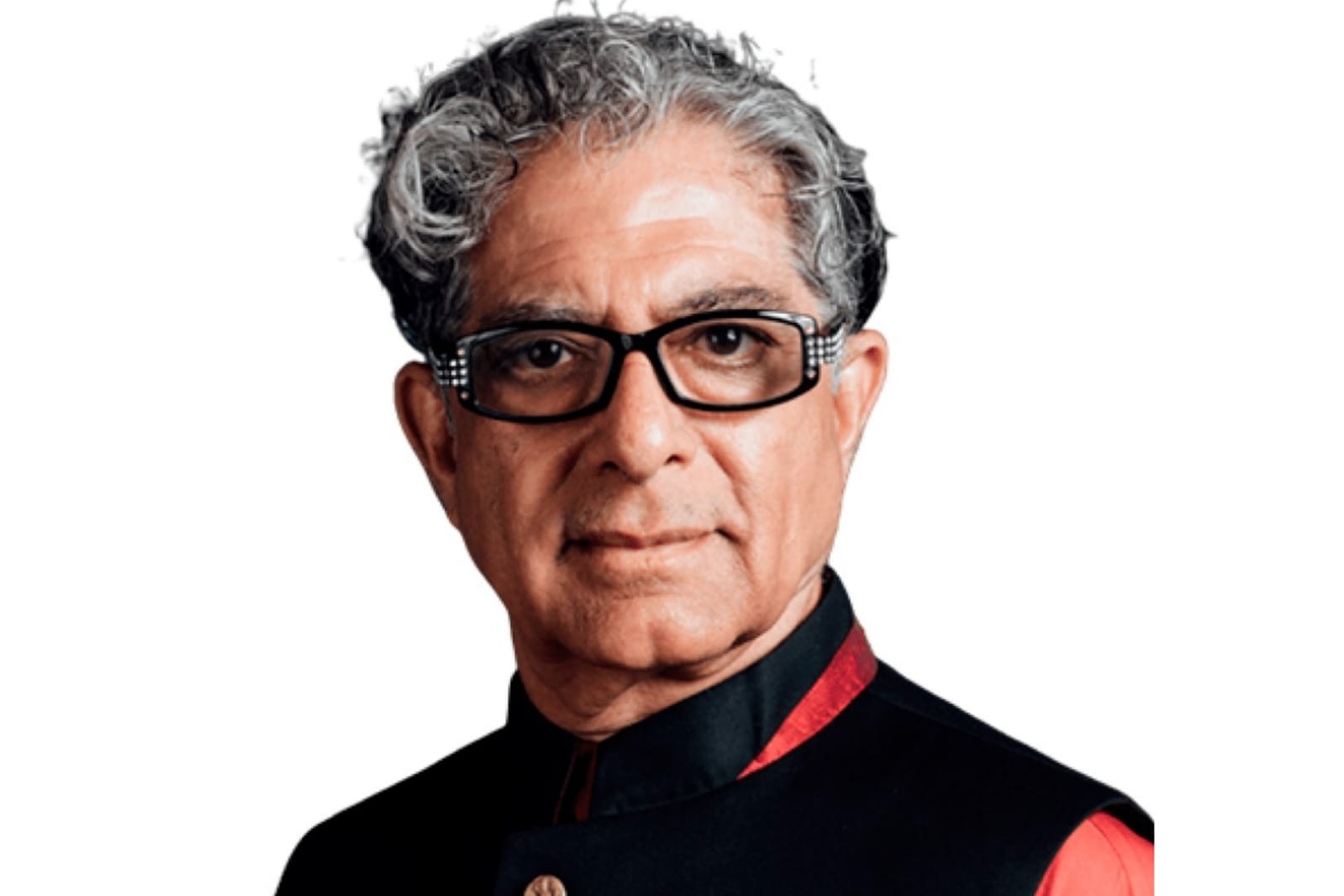
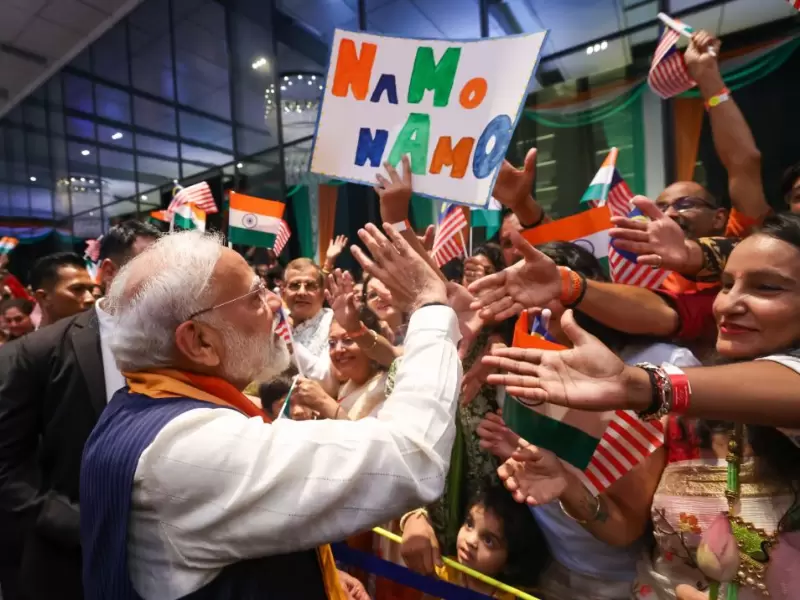
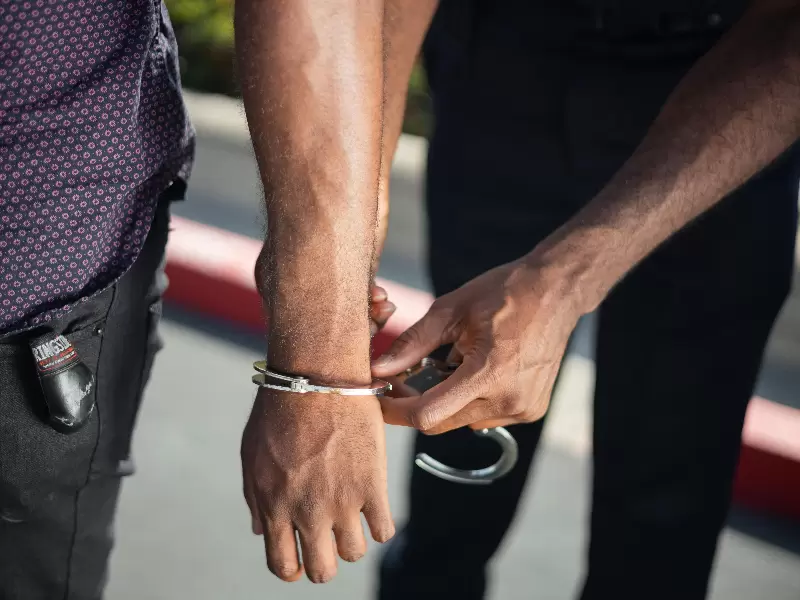
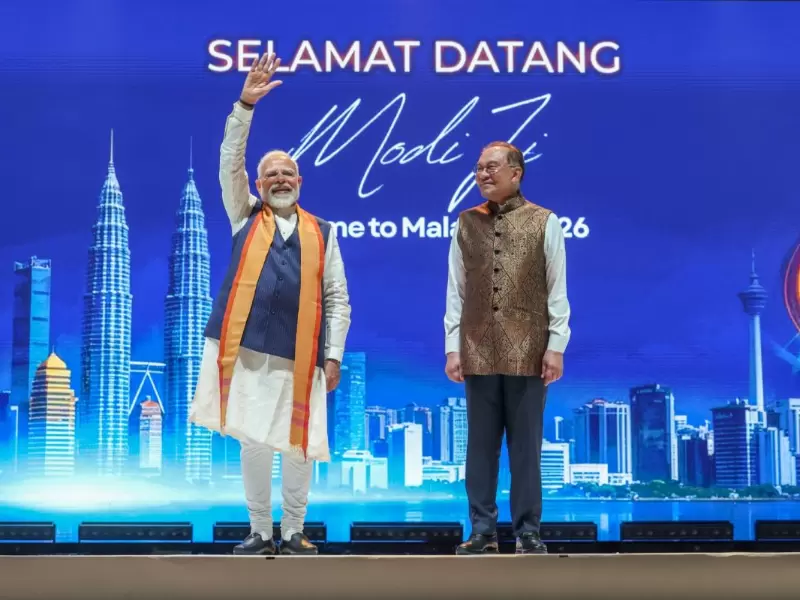
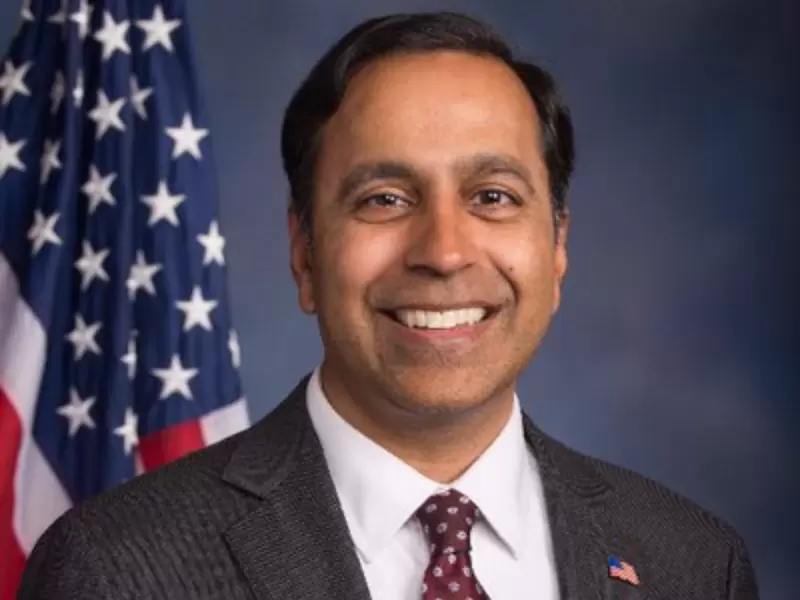
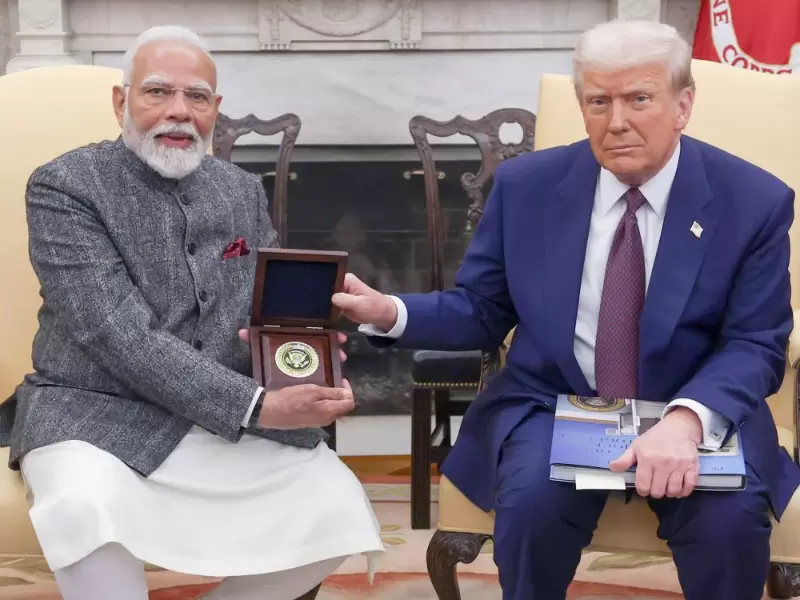
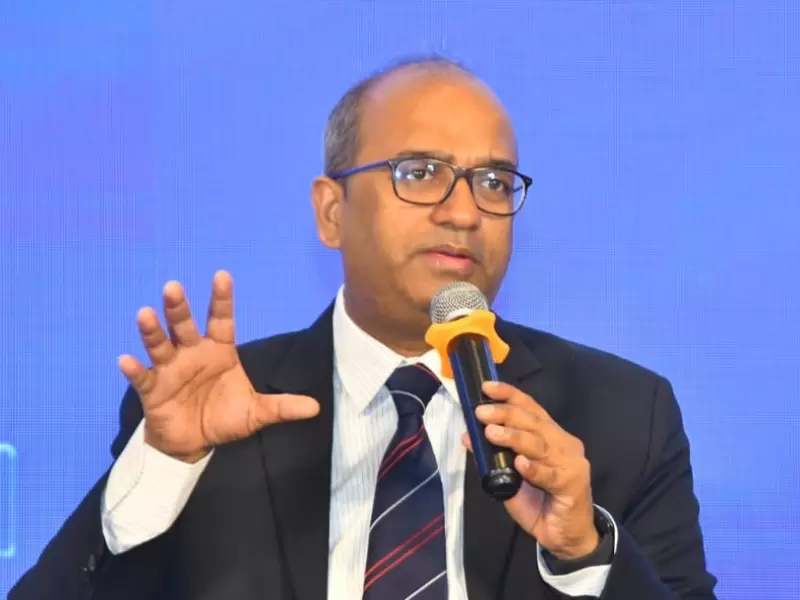
.jpg)


Comments
Start the conversation
Become a member of New India Abroad to start commenting.
Sign Up Now
Already have an account? Login